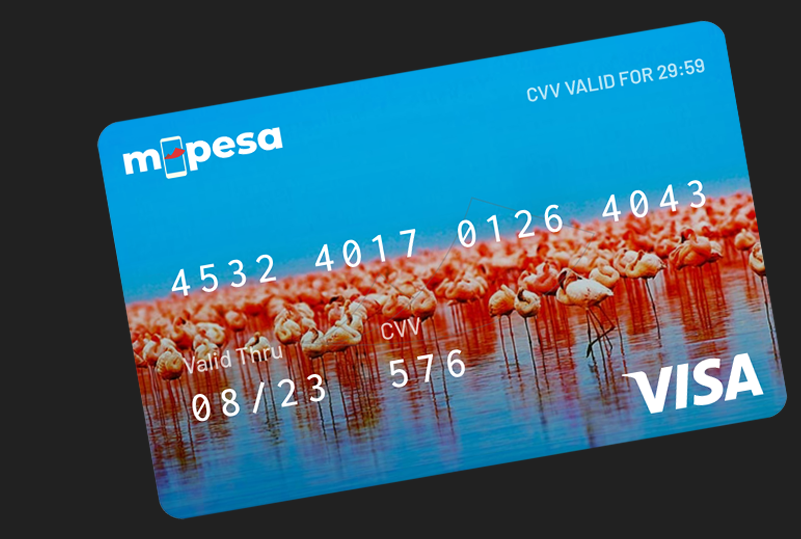In a strategic move to expand global payment options for their customers, M-PESA and Visa have joined forces once again, marking the second collaboration in less than two years.
The partnership sees M-PESA, the widely used mobile money platform embraced by 32.1 million Kenyans and over 60 million customers across eight African markets, venturing into the realm of tap-to-pay transactions.
This development represents a significant expansion beyond M-PESA’s virtual GlobalPay offering, signaling its intent to penetrate the cash-dependent retail sector.
SafaricomPLC, the parent company of M-PESA, proudly announced its achievement of PCI DSS compliance, a milestone that strengthens its collaboration with Visa.
The compliance allows M-PESA to broaden its payment capabilities, incorporating card issuing and acquisition into its array of services.
According to a statement from M-PESA Africa, the tap-to-pay solution will provide customers with a seamless experience, allowing merchants to receive payments effortlessly.
Additionally, the partnership enables visitors with cards to make payments through M-PESA, extending card solutions to other fintech companies.
Visa, the global digital payments giant, stands to benefit significantly from this collaboration as it strives to expand its presence in Africa.
Leveraging M-PESA’s extensive user base and deep integration into Kenyan daily life, Visa gains a powerful platform to tap into the rapidly evolving digital payments landscape on the continent.
The tap-to-pay product is not limited to Kenya; customers across the eight countries where M-PESA operates can take advantage of this innovative solution.
M-PESA emphasized that the collaboration with Visa will empower fintechs and financial institutions to leverage card processing capabilities, enabling them to offer comprehensive mobile and card payment solutions.
Editor’s note: An earlier version of this article incorrectly stated that M-PESA would issue physical cards as part of the partnership with Visa.
M-PESA has clarified that the collaboration does not involve physical cards, and the article has been updated accordingly.

Can you be more specific about the content of your article? After reading it, I still have some doubts. Hope you can help me.